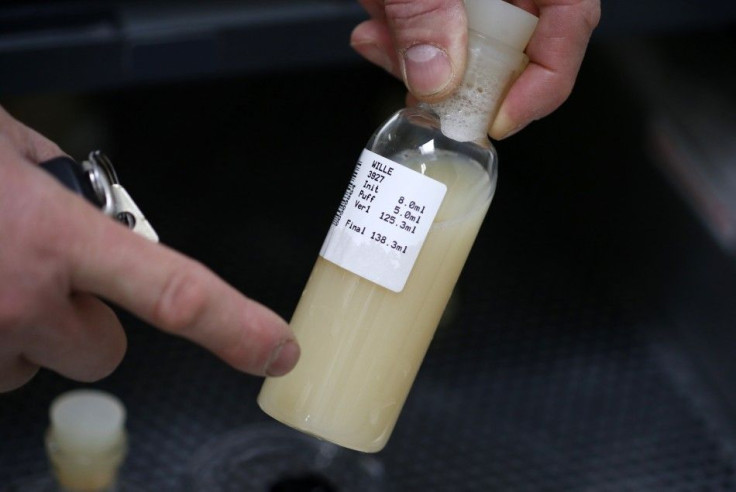Study Reveals The Science Behind Continuous Sperm Production

Resarchers found that spermatogonial stem cells react differently to retinoic acid, and as such the level of aggresiveness of sperm production in stem cells may be affected. This study was headed by Ms. Kanako Ikami and Professor Shosei Yoshida from the National Institute for Basic Biology, National Institutes of Natural Sciences in Japan.
Mature sperm originates from an immature spermatogonial stem cell, which later multiplies by cell division and differentiates into its final appearance. There should be a balance between these processes, particularly in the number of stem cells maintained and differentiated into mature sperms. If there is an excess of stem cells, the mammalian testis will be full of undifferentiated cells, while increased differentation can exhaust spermatogenesis.
The mechanism that keeps the balance of these two processes has not been identified unlike in the testis of fruit-fly Drosophilia, where a microenvironment called the “stem cell niche” maintains the stem cells intact and releases some for spermatogenesis. Furthermore, the sperm in mammalian testis were observed to move over their tissue – another finding that have kept researchers wondering how spermatogenesis and stem cell maintenance are balanced in humans.
In the study published in the Development, the researchers found that retinoic acid, which surrounds spermatogonial stem cells, have different reactivities depending on its sub-types. This means that retinoic acid does not cause differentiation in all spermatogonial stem cells, as some remain as is. The difference in reactivities were said to be caused by the retinoic acid receptor known as the Rary gene.
"I was fascinated by the experience that while at first glance the stem cell system seemed very complex, it can be explained simply by the discovery of a signal receptor with heterogeneous expression,” Ikami said. “It is exciting to imagine that maintenance of other tissues with no such localised niche may also be explained through similar mechanisms."
To contact the writer, email: rinadoctor00@gmail.com.





















